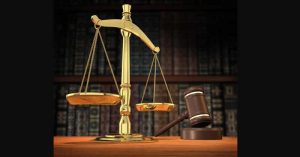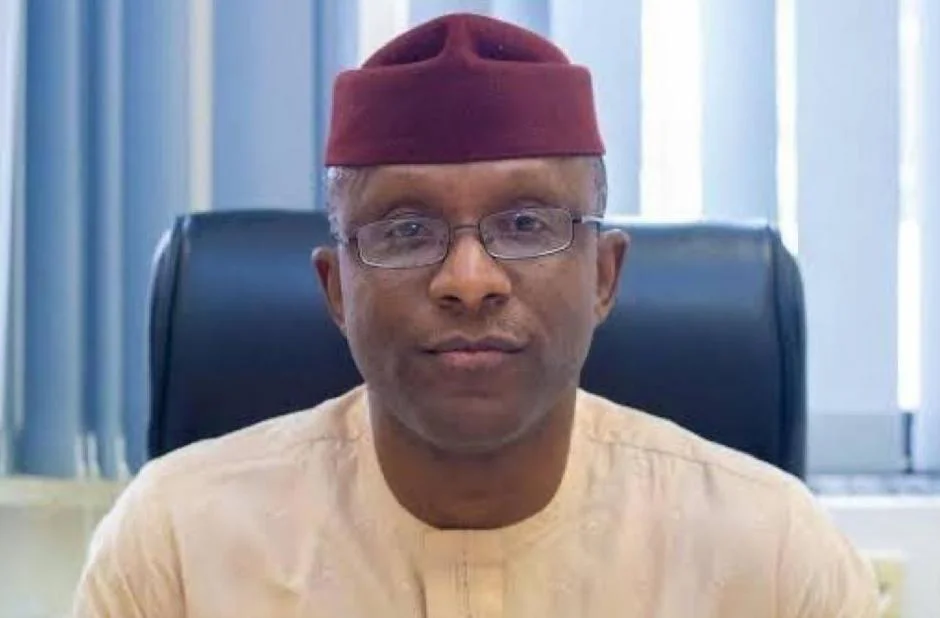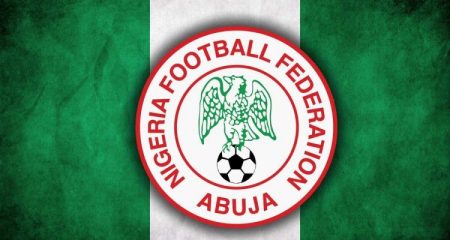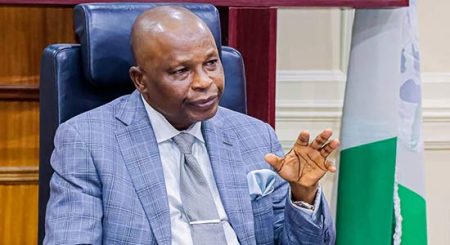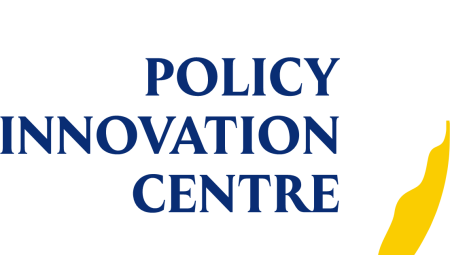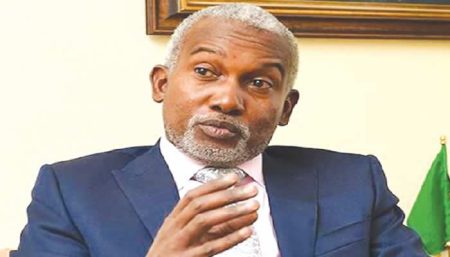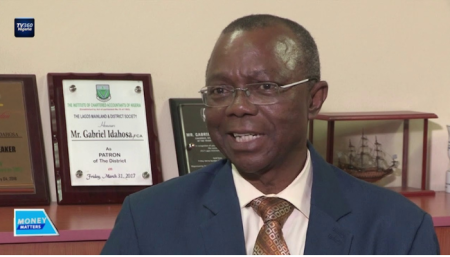Laolu Akande, a former presidential aide, expressed confidence in the All Progressives Congress’s (APC) prospects for the 2027 general elections, asserting that the ruling party is structurally superior to the opposition. He grounded his assessment on the disorganization plaguing the opposition, their lack of a unifying political identity, and the absence of substantive policy alternatives to challenge the current administration. Akande criticized the prevailing opposition narrative as fixated on dislodging President Bola Tinubu without offering concrete plans for governance. He highlighted the need for fresh perspectives in Nigerian politics, but noted that the opposition’s prominent figures largely represent the old guard, failing to inspire public trust with recycled political vendettas rather than forward-looking solutions.
Akande’s comments followed a statement by Datti Baba-Ahmed, the Labour Party’s vice-presidential candidate in the 2023 election, suggesting that Peter Obi could contend for the presidency without him. Akande interpreted this as a symptom of deeper internal discord within the Labour Party. He questioned the party’s cohesiveness and its capacity to offer a genuine alternative, citing the lack of a clear manifesto and a cohesive leadership structure. He contended that a serious coalition aiming for real change would necessitate Baba-Ahmed playing a more prominent role in reassuring the Nigerian public.
Within the APC, Akande anticipated the appointment of a new party chairman as a potential catalyst for unity and consolidation under President Tinubu’s leadership. While acknowledging the “visible onslaught” facing the ruling party, he characterized recent opposition maneuvers as “largely superficial” and expressed optimism about the APC’s clearer trajectory. He contrasted this with the opposition’s disarray, highlighting the ruling party’s relative stability and organizational strength.
Akande’s optimism hinges on the APC’s presumed organizational superiority. He portrays the party as possessing a more cohesive structure and a clearer sense of direction, enabling it to navigate political challenges more effectively. Conversely, he paints the opposition as fragmented and lacking a coherent strategy. This portrayal underscores Akande’s belief that the APC’s internal mechanisms, even with their inherent challenges, are better equipped to address political pressures and maintain a unified front.
Furthermore, Akande’s critique of the opposition emphasizes their perceived lack of a compelling alternative vision. He argues that their focus remains primarily on ousting the current administration rather than presenting concrete policies and solutions to address the nation’s problems. This resonates with his call for issue-based politics, indicating his belief that the public discourse should center on substantive policy debates rather than personality clashes or power struggles. He implied that the APC, despite its own internal debates, is more capable of engaging in such constructive discourse.
Akande’s comments also underscore the importance of novel perspectives in Nigerian politics. He acknowledges the public’s desire for fresh faces and new approaches, but contends that the opposition has failed to deliver on this front. He suggests that their reliance on familiar figures from the “old guard” diminishes their credibility and appeal to a populace yearning for change. This further bolsters his argument for the APC’s relative strength, implying that the ruling party is more likely to attract and nurture emerging political talent. He commended Omoyele Sowore, an activist and politician, for attempting to steer the political narrative in a more constructive direction, highlighting the need for fresh perspectives in addressing national challenges.
In concluding his assessment, Akande advocated for a shift toward issue-based politics, urging greater civic engagement and a focus on critical national challenges. He highlighted poverty alleviation, anti-corruption efforts, and institutional strengthening as priority areas requiring concerted attention. This call for a more substantive political discourse reflects his belief that the APC, with its presumed organizational strength and clearer vision, is better positioned to lead the nation in addressing these vital issues. His comments suggest a confidence in the ruling party’s ability to navigate the complexities of the political landscape and deliver on the promises of good governance.




